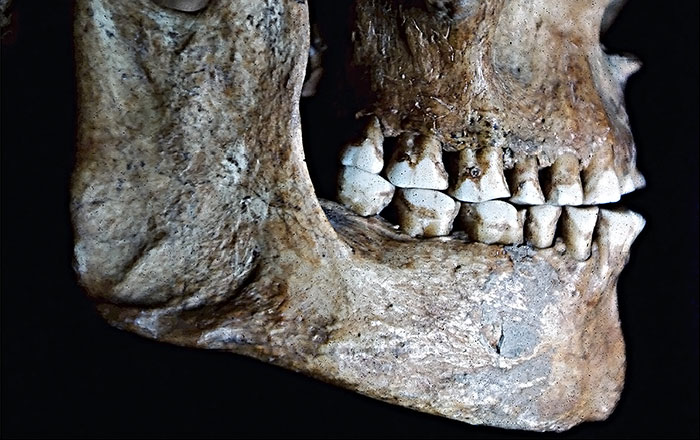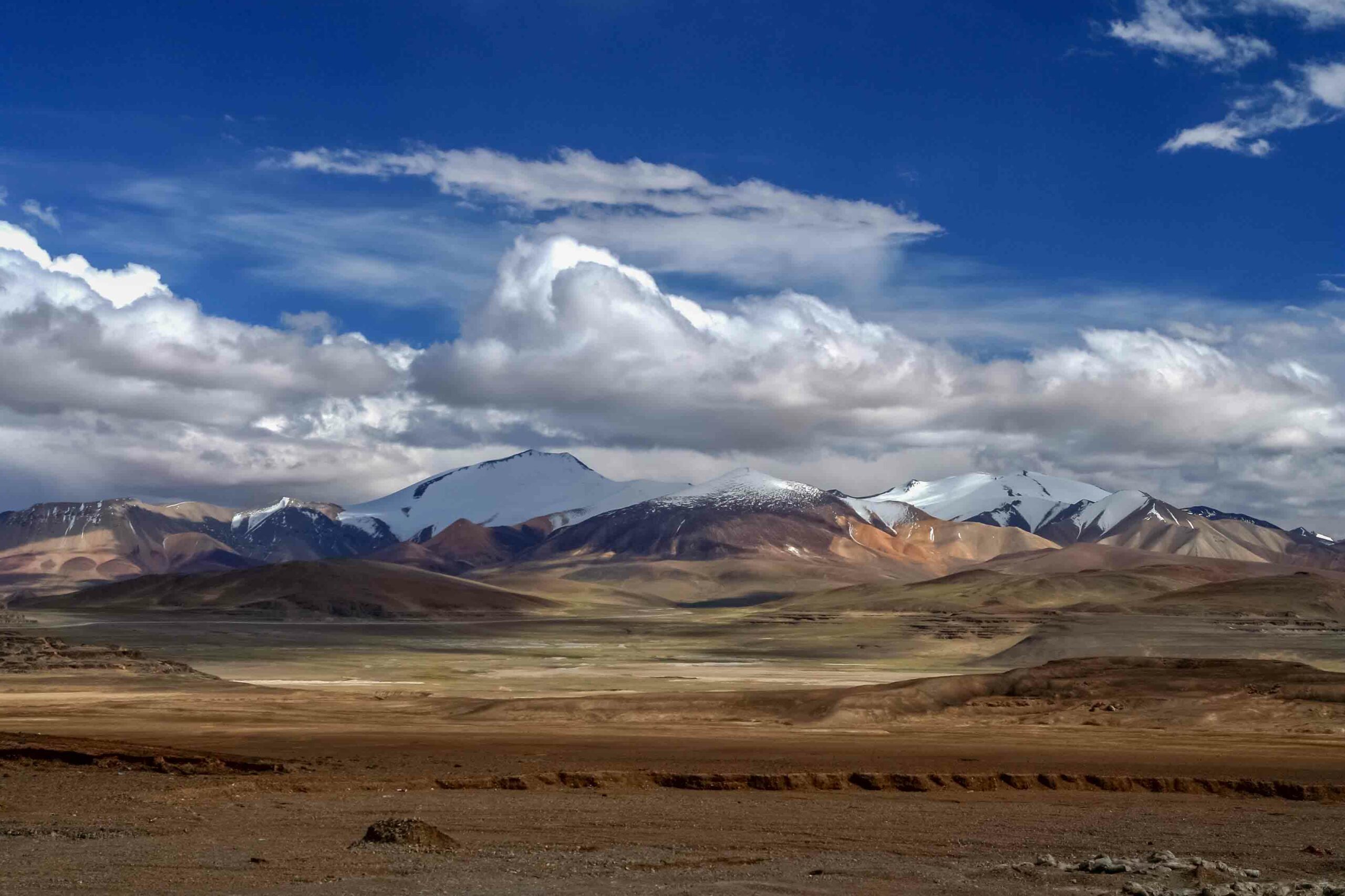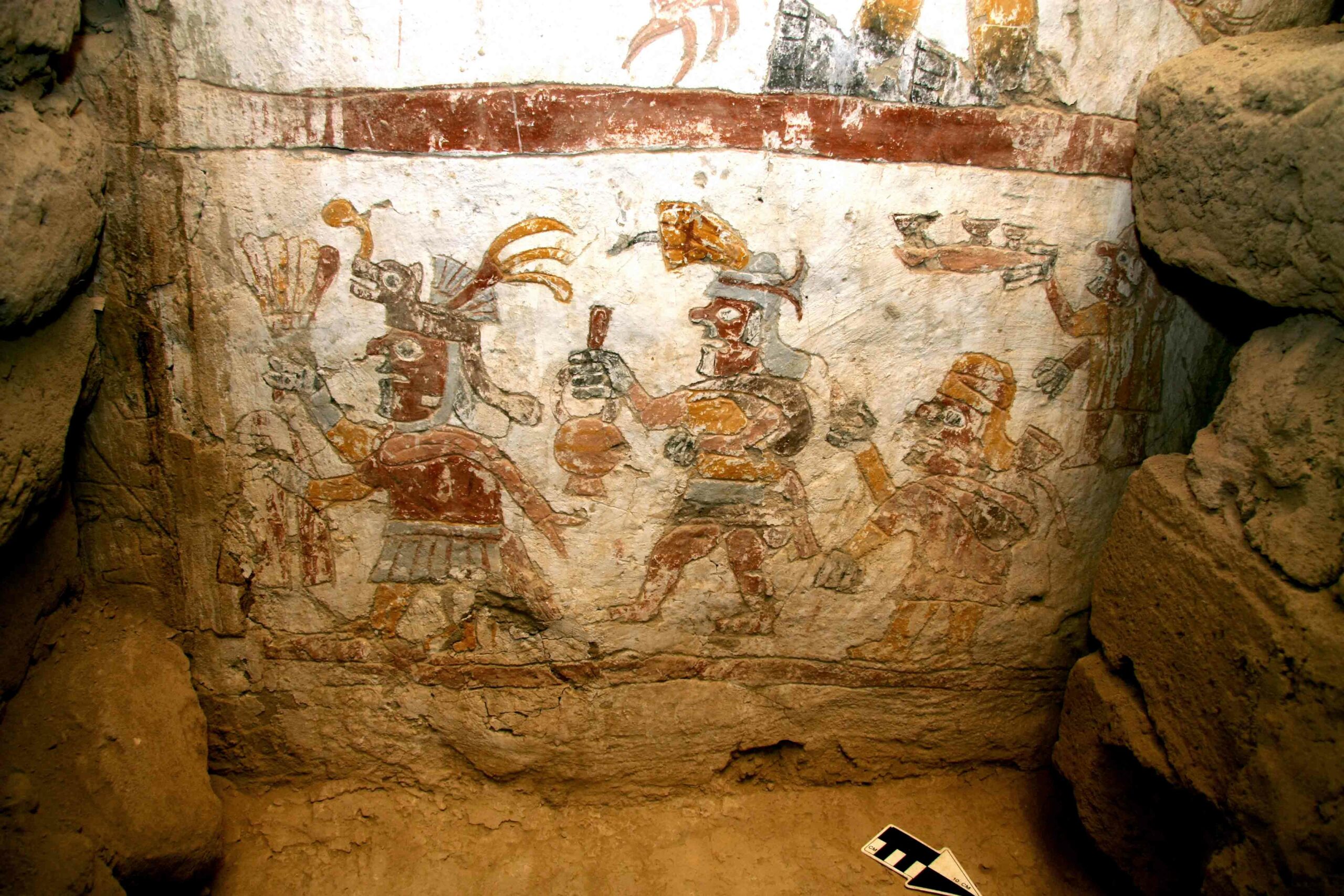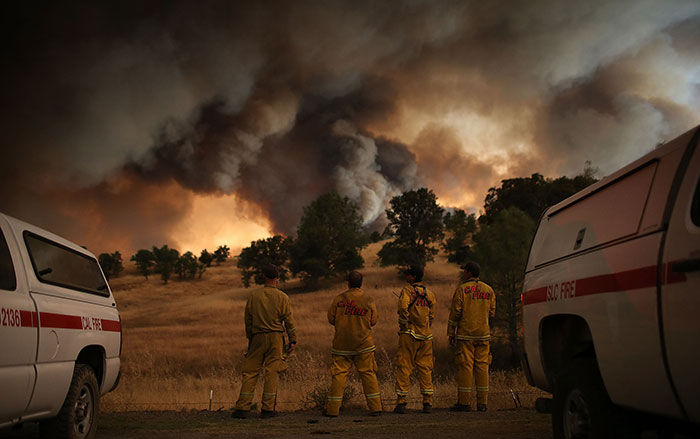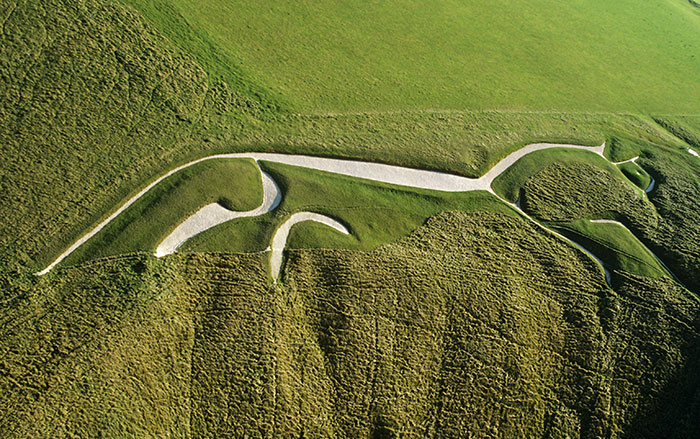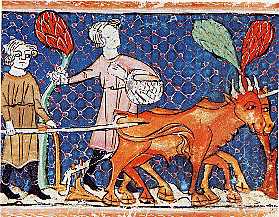
PULLMAN, WASHINGTON—Agriculture, and the domestication of animals, led to increasing levels of inequality in human societies, according to an NPR report. Timothy Kohler of Washington State University and his colleagues speculate that wealthier individuals probably had bigger homes than their poorer neighbors. So they collected measurements of homes at 63 sites, including those belonging to nomadic groups, people who grew food on a small scale, and those who lived in early Roman cities, all dating between 9000 B.C. and A.D. 1500. The data suggest that the arrival of agriculture in Europe and Asia ushered in a greater disparity between rich and poor than that found in the New World. “This was a total surprise,” Kohler said. He thinks the presence of domesticated cows, oxen, horses, sheep, goats, and pigs in the Old World could have contributed to the difference. Animals like oxen and horses could have helped some farmers gain an edge because they could plow more fields, and thus produce more food, than farmers who did not own animals. To read about a form of animal domestication pursued in the New World, go to “The Rabbit Farms of Teotihuacán.”




